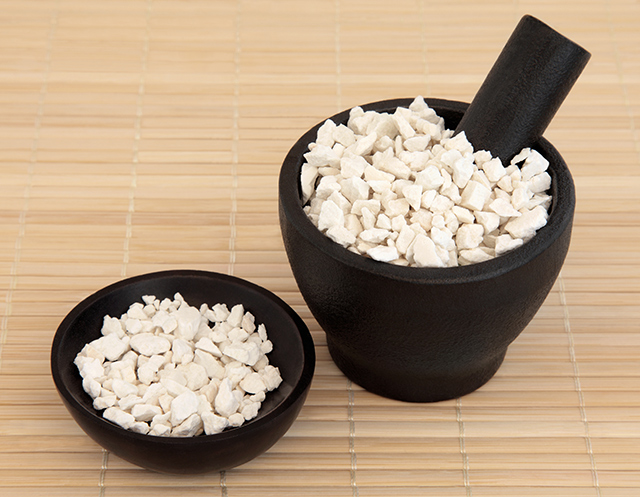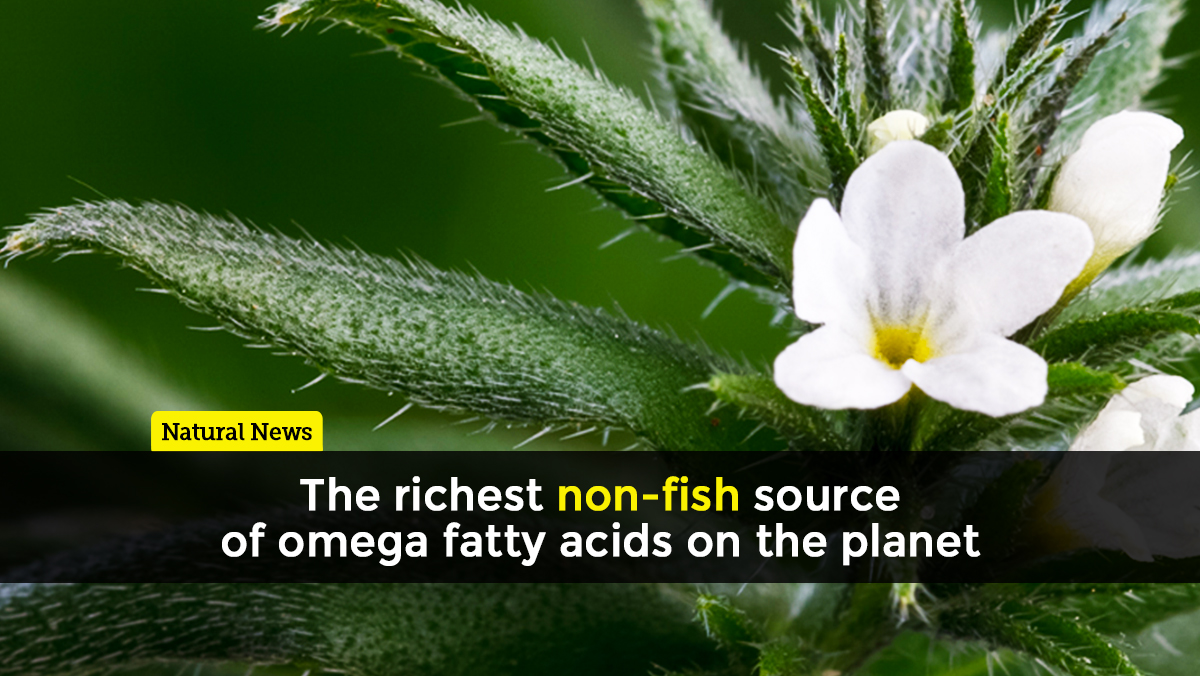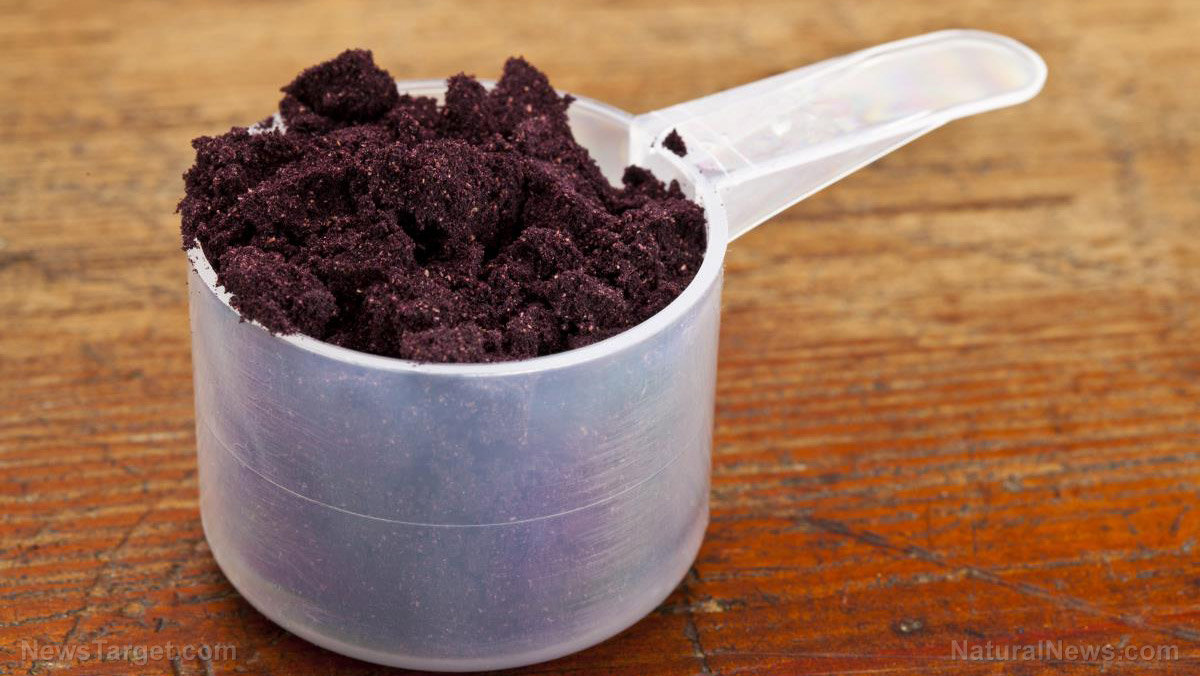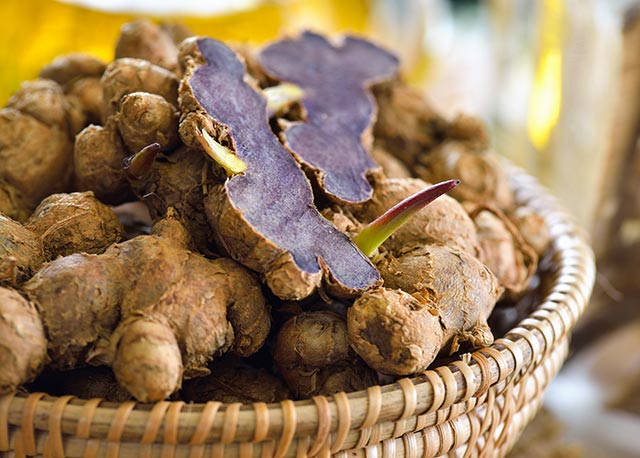Better than chemo: These 5 foods are known to KILL cancer cells – watch at Brighteon.com
12/03/2018 / By Ralph Flores

For a lot of people, having cancer is a death sentence. Indeed, the World Health Organization reports that around 1 in 6 deaths around the world is due to cancer, it’s important to understand that a lot of risk factors for the devastating disease is either behavioral or dietary in nature. In particular, five of the leading risk factors are preventive, including high body mass index (BMI), low fruit and vegetable intake, physical inactivity, tobacco use, and alcohol consumption.
Of course, the key to beating cancer is understanding what works for the body — and what doesn’t.
If a person does have cancer, one of the first things he would hear from his oncologist is chemotherapy. The procedure, which floods the body with drugs aimed to kill cancer cells, is touted as an effective method to treat the disease. However, it’s not without risk. In particular, the side effects of chemotherapy can affect a person’s digestive system, blood, hair, and skin, among others.
In addition, a recent study from Yeshiva University’s Albert Einstein College of Medicine has revealed that chemotherapy causes a sharp increase in cancer cells circulating throughout the body — throwing a wrench in this widely believed premise. In their paper, which appeared in the journal Science Transitional Medicine, they noted that chemotherapy, while it can decrease tumor size, can increase the risk of metastasis, that is, the spread of cancer cells to other parts of the body.
In his article in Natural News, Health Ranger Mike Adams points out that chemotherapy is just part of a vicious cycle that’s more focused on increasing revenue than treating cancer. (Related: Chemotherapy actually increases cancer growth, cancer cells becoming resistant to treatment: Study.)
Breaking the cycle
While chemotherapy doesn’t help in treating cancer, certain types of food have been proven to be more than effective in preventing, and even treating, the illness. Here are some foods that have been found to effectively kill cancer cells, without any adverse effects.
Green tea
A study in the journal Anticancer Research points out that epigallocatechin gallate (EGCG), the active ingredient in green tea, could be used to treat certain types of cancer, as it was found to inhibit and suppress tumors, based on cancer stem cell models.
Ginger
6-shogaol, a pungent component found in ginger, has been found to perform better than chemotherapy in targeting cancer cells without harming healthy cells around it. The research, published in PLOS, has noted that 6-shogaol promotes programmed cell death (apoptosis) in cancer cells.
Turmeric
Turmeric is revered in Ayurvedic medicine for its multiple health benefits, as well as its ability to treat various diseases — mainly because of its active ingredient curcumin. In a recent issue of the Proceedings of the National Academy of Sciences, an international study has found that curcumin can bind with certain proteins in the body to prevent cancer cells from spreading.
Grapes
The most popular member of the Vitaceae family contains compounds that can effectively treat certain types of cancer. The study, published in BMC Complementary and Alternative Medicine, suggests that the proanthocyanidins and resveratrol in grapes can be used to colon cancer stem cells.
Blueberries
A study in Pathology and Oncology Research has found that blueberry extract can make cancer cells more vulnerable to radiation therapy. In particular, they found that while blueberries can reduce the number of cancer cells by 25 percent, combining it with radiation therapy increased its efficacy, killing nearly 70 percent of cervical cancer cells.
These are just some of the foods that have been found to treat cancer cells. Learn more about other foods that can help prevent cancer at Food.news.
Sources include:
Tagged Under: Cancer Cells, cancer cures, chemo, food as medicine, food cures, natural cures, natural medicine, natural treatment, Oncology, plantmedicine


















